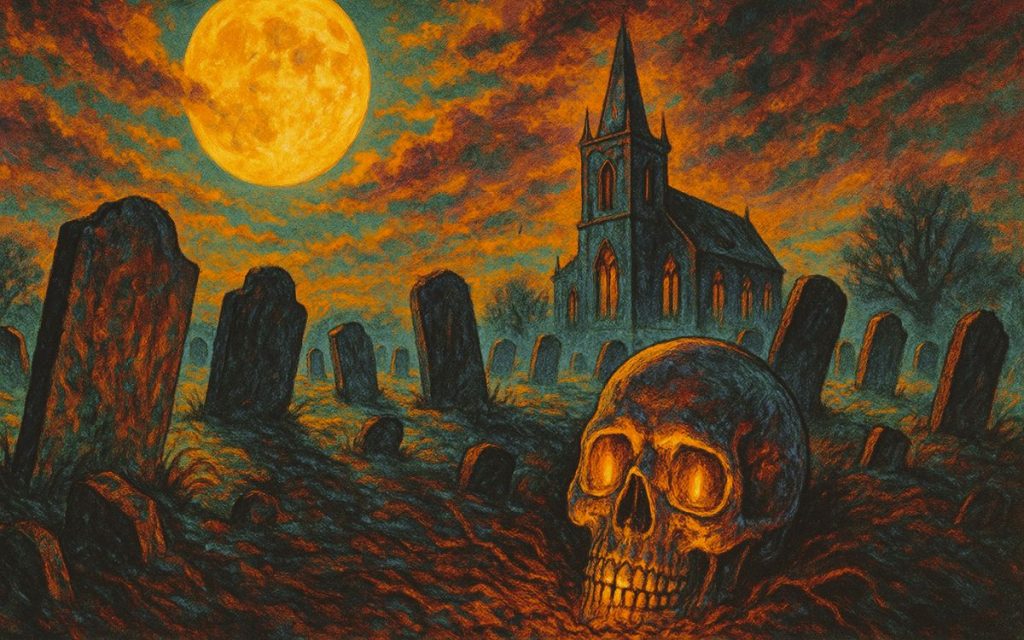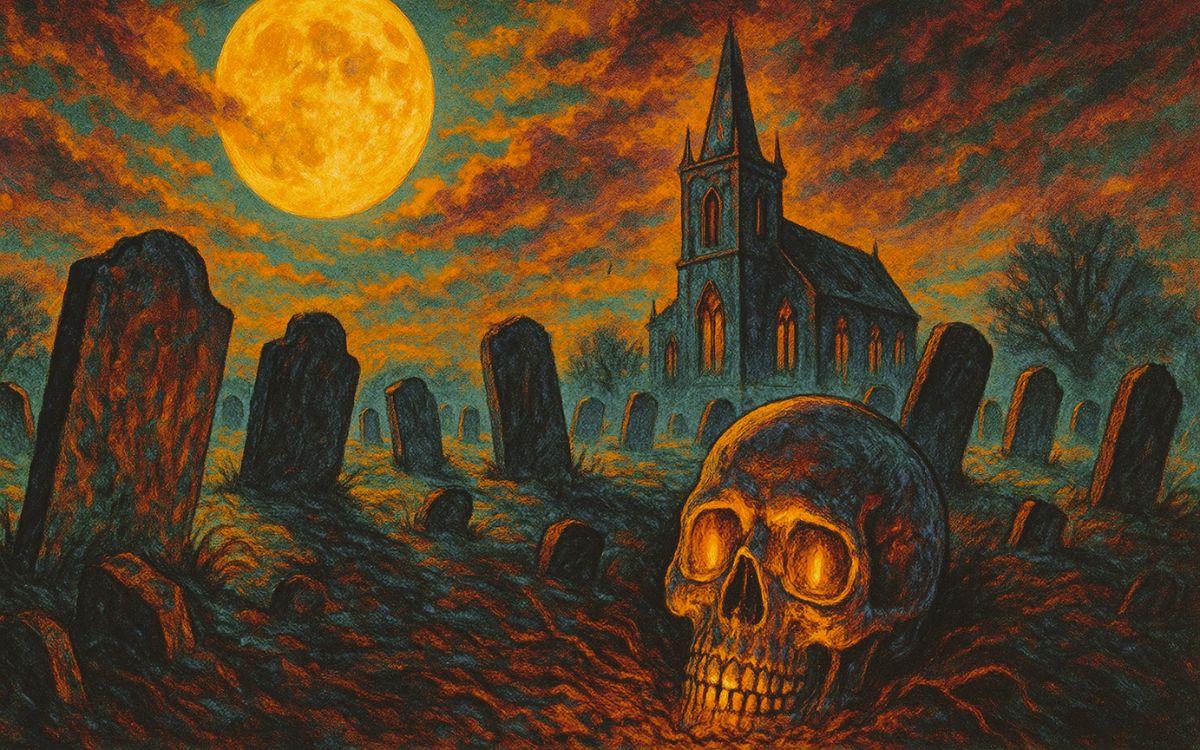Thomas Gray’s Elegy reveals a timeless message about death, humanity, and the emptiness of material wealth, writes WILLIAM BOVE
The boast of heraldry, the pomp of pow’r,
And all the beauty, all that wealth e’er gave,
Awaits alike th’ inevitable hour.
The paths of glory lead but to the grave.
There is no use in building memorial monuments
or inscribing tales of one’s glories on them.
None of these can call back the departed soul.
Can storied urn or animated bust
Back to its mansion call its fleeting breath?
Can Honour’s voice provoke the silent dust,
Or flatt’ry soothe the dull cold ear of Death?
The rich or the proud should not deride the poor commoners
because Death, the leveller, makes them all equal in the grave:
Let not ambition mock their useful toil,
Their homely joys, and destiny obscure,
Nor Grandeur hear with a disdainful smile
The short and simple annals of the poor.
The last, and believed to be the most important, of the Graveyard Poets is Thomas Gray.
Born in 1716 and dying in 1771. As soon as it was published, his poem held great sway and influence.
Starting in England and spreading all throughout Europe in no time. Its influence made a large impact and continued to increase across all the poetry of Europe in the day.
Jumping from Denmark to Italy and France to Russia. With the exception of some of the greats, it is reported that no poem has ever been so widely quoted in English.
Thomas Gray’s poetry is simple, well thought out, and intelligent. I imagine much like the man himself.
He brings a strong sense of romanticism to his expression. Giving life to his models and aspects of death. But limiting their ability to achieve the miraculous.
The storytelling in his poems is just one of the many merits of his expression. And his expression both entertains us and teaches us.
The boast of heraldry, the pomp of pow’r,
And all the beauty, all that wealth e’er gave,
Awaits alike th’ inevitable hour.
The paths of glory lead but to the grave.
He eliminates the clout that the mundane places on material goods. These things are born of no soul, and they neither adopt it nor respect it.
Power, money, wealth, and material beauty are but illusions in the poet’s vision. As well as in the sentiment of death.

There is simply no time or space in the grave for these things. These hollow and shallow aspects of the world.
No matter how much you amass, you will not go to the grave with any wealth. For these things are not the soul of true wealth.
There is no use in building memorial monuments
or inscribing tales of one’s glories on them.
None of these can call back the departed soul.
Glory, fame, and structures cannot tell of the glories of one’s soul. Or of any human soul.
They are merely structures of implied meaning. They have no lasting impact and no power whatsoever to bring back the dead.
Gray is telling us not to put our faith in the things that don’t truly matter.
You never see chiseled on someone’s grave, “dig that fiscal responsibility man,” or “wow they had a great credit score.” Because these are not things of lasting value.
Can storied urn or animated bust
Back to its mansion call its fleeting breath?
Can Honour’s voice provoke the silent dust,
Or flatt’ry soothe the dull cold ear of Death?
The last line in the previous stanza, “None of these can call back the departed soul,” shows us the emerging romanticism that sets the tone for the rest of the poem.
The expression is clear and close and does not favour illusions. The truth is revealed in a spirited sentiment that only gains force as the poem goes on.
In the above lines, some of the tools that make up the essence of romantic poetry are featured.
Can storied urn or animated bust
Back to its mansion call its fleeting breath?
Symbolism and imagery are just some of the most valued tools in a romantic poem.
In description, they fill the needs of the soul. They inspire, and nourish with a lasting passion of expression.
We not only enjoy this expression while we read and are entertained by the rich storytelling.
We have something lasting we can carry with us always that means something to us specifically. That we can recall to memory anytime we like.
Recreating the soul of the experience. Knowing the soul of the experience has become part of us, it stays with us forever.
Can Honour’s voice provoke the silent dust,
Or flatt’ry soothe the dull cold ear of Death?
Will these things animate what is dead and reduced to its barest matter?
Or bring a human touch to what is unforgiving and bleak, treating it with a sense of sensitivity, to somehow appeal to a lasting vestige of humanity and compassion?
No. The answer to both is no.
The descriptions in these lines become richer and the storytelling more enveloping to our senses.
We cannot help but be charmed and entranced by what we are reading. And at the same time, we are being told lasting truths. Truths that matter to life itself and the human experience.
The rich or the proud should not deride the poor commoners
because Death, the leveller, makes them all equal in the grave:
Let not ambition mock their useful toil,
Their homely joys, and destiny obscure,
Nor Grandeur hear with a disdainful smile
The short and simple annals of the poor.
The following lines bring a lesson in humanity.
Passion is important, but just as important is compassion. Holding reverence for another human being.
Not just in observation, but in your heart. Not for a moment or some amount of fleeting moments, but for always.
Because others, no matter their station in life, deserve to be treated well. They deserve to be treated with humanity.
Mercy, decency, compassion, caring, and a loving sense of unity for your fellow human being.
It is a sad thing indeed that all this should be found at the end of one’s life and not throughout one’s life.
Because that’s what the grave is. That is what Thomas Gray is trying to tell us.
The grave and death are about humanity.
What did you think of this article about Thomas Gray and his elegy? Share your thoughts in the comments!



